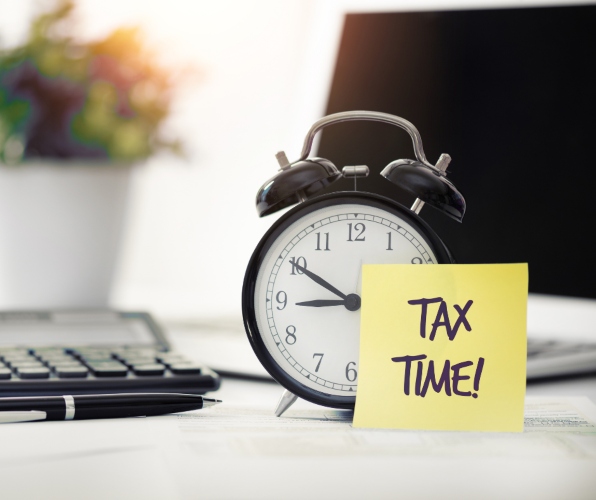Unless you’re living overseas pretty much permanently, HMRC might still chase you for tax on what you’re earning. It’s all about whether or not you count as a “UK resident” for tax. A lot of that comes down to how much time you’re spending in the UK each year. If you’re here more than half the time, chances are you’re a UK resident.
If your overseas employer’s a UK company, you’ll probably still be paying National insurance, too. For foreign employers, you might find yourself coughing up the local equivalent instead. To check what taxes you have to pay, HMRC has a few tests:
- The Automatic Overseas test, which looks at stuff like where you spent the last 3 tax years.
- The Automatic UK test, dealing with questions like whether you've got a "home" in the UK and how long you spend there.
- The Sufficient Ties test, which asks about family, accommodation and so on.
One smart thing to do before you leave is check if you're owed a tax rebate from HMRC. If you're leaving part-way through a tax year, you may not have used up all of your tax-free Personal Allowance. If you're registered for Self Assessment tax returns, don't forget to file one as normal after the end of the tax year.
HMRC has a special form for people who are going to be away from the UK for a complete tax year. Visit their site for form P85 "Leaving the UK - getting your tax right" in good time before you leave.
If you’re earning abroad, there’s a tricky catch to watch out for. Depending on your situation, you could actually end up paying tax in 2 countries at once! The UK’s got some “double taxation” agreements around the world to make this less painful, so it's worth checking with to see what you're letting yourself in for.
If it turns out you’re not a UK resident for tax, you’ll normally be off the hook for your foreign income. You’ll still be paying UK tax on anything you’re earning here, though – along with things like UK bank account interest or rental income.
Tax for ex-pats





